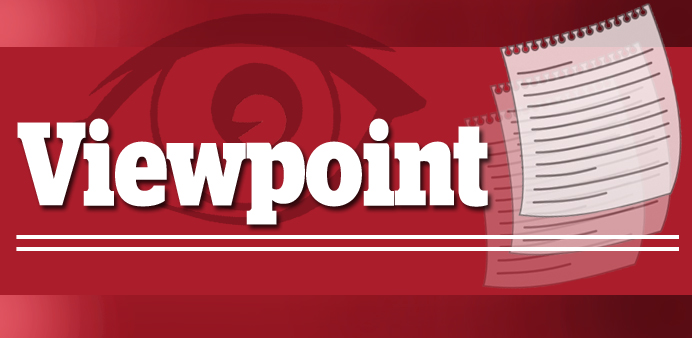The political situation in Pakistan is getting dangerous with each passing hour as authorities struggle to quell a rebellion spearheaded by Imran Khan who wants Prime Minister Nawaz Sharif to quit office and announce fresh elections.
It has been three weeks since cricket legend Khan and firebrand Canadian cleric Tahir ul-Qadri have been protesting in Islamabad along with tens of thousands of their supporters threatening to storm the parliament and Sharif’s residence in a bid to bring down the government.
Khan accuses the Pakistan Muslim League (N) of rigging the results of last year’s general elections which brought Sharif to power with a massive mandate, while the Punjab strongman has refuted the charge, even dismissing the protests as a “minor storm” which will soon pass.
However, the situation escalated dramatically a couple of days ago with the police firing tear gas shells and rubber bullets at protesters. At least three people have been dead so far as a result of skirmishes and several hundred injured, many of them seriously, thus dramatically raising the stakes in what now has become a grave political crisis that poses a serious danger to democracy.
Khan and Qadri may have a point about rigged elections but their methods have been criticised as unconstitutional by Pakistani experts. Laying siege to parliament and using provocative language, they have fired up their supporters who have caused damage to public property and brought governance and commerce to a standstill. Critics of the movement say Pakistan has incurred losses to the tune of hundreds of millions of dollars as a result of the impasse.
Even the United States, which has an uneasy marriage of convenience with Pakistan, yesterday called on stakeholders in the political crisis to exercise restraint, saying protesters had a right to demonstrate peacefully but that it strongly opposed efforts to impose change through violence.
“We have been carefully monitoring the demonstrations in Islamabad. We continue to urge all sides to refrain from violence, exercise restraint, and respect the rule of law,” State Department spokeswoman Jen Psaki said, calling for peaceful dialogue.
Yesterday, there were also indications that the government was preparing to intensify its crackdown on the protesters after they stormed the Pakistan Television (PTV) building causing disruption in transmission.
Defence Minister Khawaja Asif has made it clear that the government would not hesitate to enforce its writ and was considering cracking down against those attacking state institutions.
“If not mass arrests, selective use of force can be used,” Defence Minister Asif said. “I personally feel that the next few hours will determine the course of coming events,” he added.
The all-powerful military, meanwhile, will be carefully monitoring the situation. So far it has been a picture of restraint – at least that is how it appears to be on the surface. But if some sort of a compromise is not reached soon between Khan and Sharif, it won’t hesitate to assert itself in a manner with which Pakistan and the entire world are all too familiar now.

